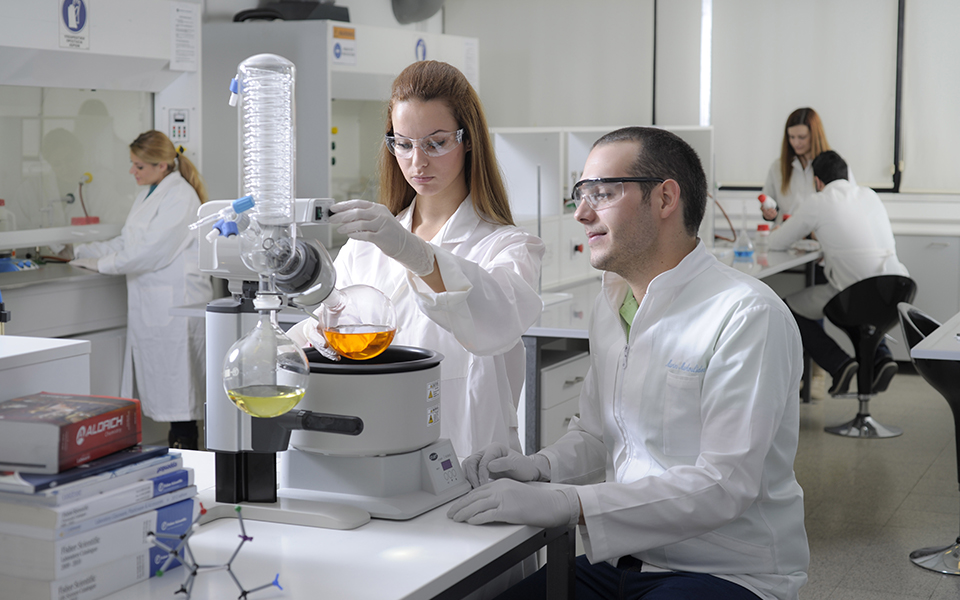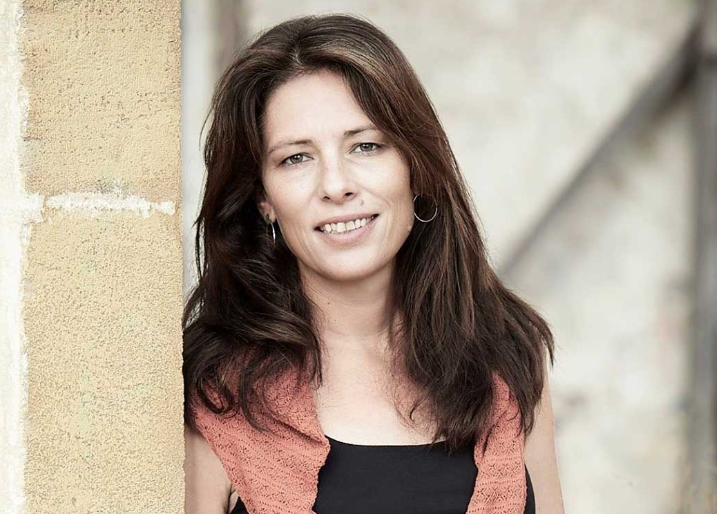Moving with the times and changing job market, universities on the island are always updating their programmes
At their best, universities are innovators, risk-takers and pioneers, these institutions adapt to the world we live in to meet the demands of new generations for higher education and to meet the demands of an ever changing job market.
In this way, numerous institutions on the island are gearing up for the upcoming academic year with new programmes and directions of study. One example of this, at Frederick University and the University of Nicosia among others, is the response to industry demand following the creation of the National Health Scheme (Gesy) on the island.
“A new undergraduate programme in Applied Biomedical Sciences (BSc) aims to provide graduates with specialised training in the multidisciplinary science of clinical biomedicine,” explains Press and Communications Officer at Frederick University Victoria Avraamidou.
“(Gesy) has led to the development of numerous new service providers in the health sector, including clinical biomedical laboratories. Notably, before Gesy, there were around 40 clinical laboratories nationwide performing analytical tests; now, they exceed 150,” she adds. “This has created a significant need and opportunity for employment of such graduates in this sector within a short period of time.”
Similarly, the University of Nicosia (UNic) estimates that the with the introduction of Gesy, besides immunologists trained according to EU guidelines, there is also an increased need for haematologists.This is why the university is offering a new concentration in Haematology starting this autumn, in addition to the existing Immunology concentration as part of its MSc in Biomedical Sciences. “The aim of this second concentration is to train future clinical laboratory scientists. The learning objectives of the courses in this new concentration align with EU regulations and guidelines, specifically with the European Federation of Clinical Chemistry & Laboratory Medicine (EFLM) regulations for the training of Clinical Laboratory Specialists in Europe,” says Dean of UNic’s School of Life and Health Sciences Professor Kyriakos Felekkis.
Other universities are further developing based on foundations already fruiting. The European University of Cyprus (EUC) established its School of Medicine in Cyprus and Frankfurt as well as the School of Dentistry. Building on that, their most important development for the new academic year 25 is the establishment of a School of Veterinary Medicine. “Introducing the Vet programme was part of the strategic plan of the university to offer all three major options in Medical Sciences,” says Director of the Department of Marketing and Communications at EUC Marina Alexandrou.

“There is a high demand in Medical Sciences and as EUC we attract students mainly from Central and Northern Europe. Presently we have 1,170+ students on our Med and Dentistry programmes and it seems that the Vet programme will follow in the same steps,” adds Alexandrou.
Also addressing industry demands is Intercollege, one of the institutions which is paying attention to offering Diploma, of which it will be offering three new choices this upcoming academic year: Culinary Arts, Beauty & Wellness, and Hospitality & Food Service Operations.
“These are targeted,” says Deputy Executive Director at Intercollege Chris Constantinou. “Our market is such that for a lot of students running bachelor and master programmes, the salaries aren’t great; this is an issue for money (for them to pay the fees) and its something we’re trying to battle with for our students,” he adds. “We lock our partners with our students, we send them on practical trainings, such as hotels and spas and what tends to happen is they rate our students, we use a log book, and if they’re happy with the students, in most cases, they hire them for at least a year after their studies. A lot of students are neglecting to run a Bachelor’s degrees, they want to do a Diploma to get into the work market and then while they’re working they will jump into a bachelors degree,” says Constantinou.
Constantinou estimates that the all three new Diplomas will equip students with essential skills and knowledge, enabling them to be well-prepared for diverse career opportunities in the thriving beauty, hospitality and food service industries.
“Higher education and training can lead to improved service standards, making Cyprus a more attractive destination for tourists and exposure to new techniques and trends within the programme can foster innovation in the hospitality and culinary sectors, keeping the industry competitive,” says Constantinou. “Courses that focus on traditional Cypriot cuisine can help preserve and promote the island’s culinary heritage and enhanced hospitality services can offer tourists a more immersive cultural experience, increasing the appeal of Cyprus as a travel destination.
“All three programme have been seen as a stepping stone to allow graduates to enter the working market and a possibility to continue their studies into a bachelor’s degree of the same filed of interest or diversify into a related field and we have had high interests from students in Cyprus and abroad,” says Constantinou.

Local universities are also looking towards the wider region and tapping into offering unique programmes of study which may not be offered elsewhere. To this end, Frederick University is offering two new Distance Learning postgraduate programmes as from September; an MSc in Sports, Exercise, and Health Sciences, and a Master’s in School Psychology aiming to educate and train psychologists, educators and other professionals of related fields, providing them with specialised knowledge and skills grounded in the integration of theory, research and practical applications of school psychology and other psychology branches in the school community. Frederick University will also offer a new PhD in Sports, Exercise, and Rehabilitation Sciences: Leading Research and Innovation which will foster advanced research and innovation in the fields of sport performance, promotion of health and rehabilitation.
More recently-established, the American University of Beirut Mediterraneo has only been offering programmes for the past year and running their initial programmes successfully, but are also diversifying the existing courses and offering concentrations. Specifically, AUB Mediterraneo welcomed its first cohort of students just a year ago and is currently offering five undergraduate and two graduate (master’s) courses. “Although we will not be offering new courses in the 2024-25 academic year, the Faculty of Business will be offering a new concentration in digital marketing. We will also be offering new classes in, for example, Technical Communication (for engineering students); Lifespan and Developmental Psychology; History and System of Psychology (for psychology students); Computer Organisation and Design; and Introduction to Public Health,” says Marketing and Communications Officer at AUB Mediterraneo Ghina Ramadan.







Click here to change your cookie preferences